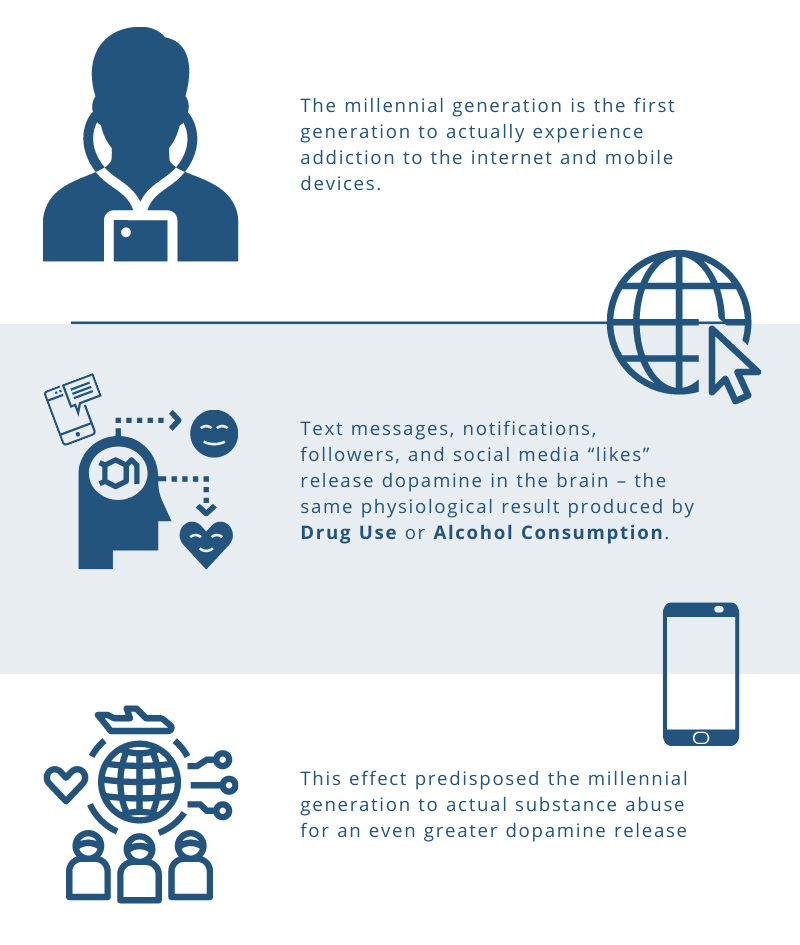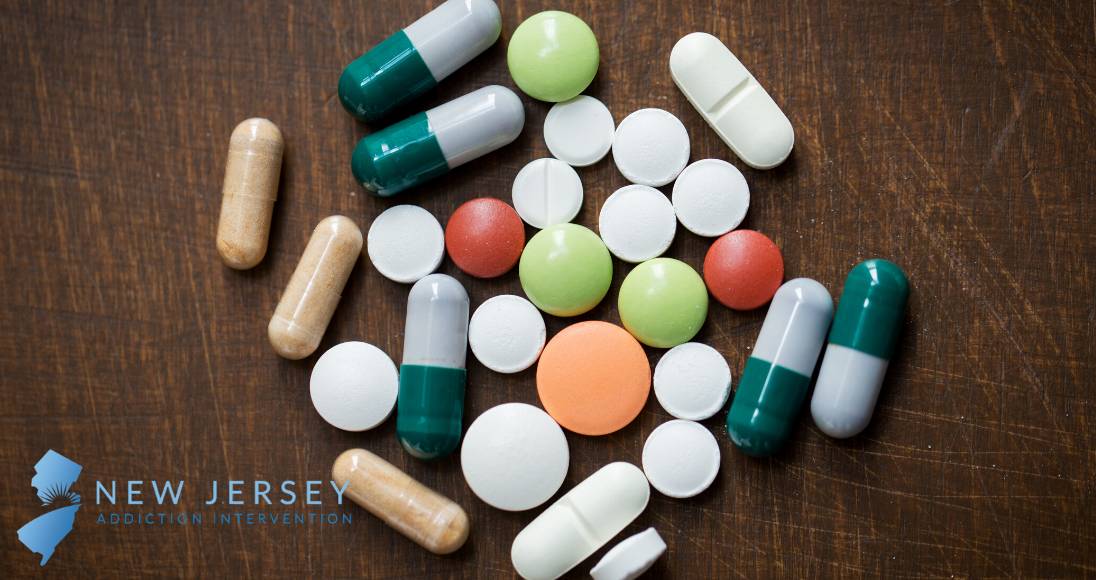Substance abuse affects millennials at staggering rates. According to a staggering report published by Trust for America’s Health and Well Being Trust, data revealed that millennials are the most likely age demographic to die from substance abuse and suicide. Millennials are defined as individuals born between the years 1981-1996. However, some definitions expand the demographic up through the year 2000.
Data from this report also found that from 2007-2017, the rate of alcohol-related millennial deaths rose by 69% and millennial deaths caused by drugs rose by 108%. The opioid epidemic devastated the lives of many Americans, especially millennials. From 1999-2017 the rate of fatal opioid overdoses among millennials rose by 500%. “The numbers of these deaths are staggering and tragic. They are also preventable,” says John Auerbach, president, and CEO of Trust for America’s Health.
The opioid epidemic and many generational hardships have predisposed millennials to substance use disorders. Increases in alcohol and drug deaths have continued to plague many age groups, but the impact on individuals in their 20s and early 30s has been particularly staggering.
Generational Hardships Promoting Substance Abuse Among Millennials
The tragic and astonishing drug and alcohol-related deaths among millennials is not merely a coincidence. In fact, there are many contributing factors that have cultivated despair and hopelessness for this specific age group. Millennials have faced a variety of generational hardships including:
- Overwhelming student debt
- High costs of housing
- Unemployment
- Difficulty establishing a career
- Costly healthcare expenses and health insurance
- Loss of income and savings due to the Great Recession
- Raising young children on low wages
- Mental health stigma
- Facing overmedication due to the opioid epidemic
- Rise of social media and decline in personal interactions
- Lower wages due to inflation
Furthermore, economic studies suggest that millennials are poorer than their parents and grandparents. Many of these individuals have more debt, make less, and often live paycheck to paycheck. Societal pressures, financial stressors, inflated healthcare, and health insurance costs have propelled the painful numbers of millennials struggling with substance abuse. This unfortunate reality has increased their likelihood of developing an addiction.
Disconnected Generation
Modern-day technologies including the internet, social media, and smartphones have indefinitely contributed to the influx of substance use disorders amongst millennials. While it’s true that these innovative luxuries of our society are convenient, there is a downside.

Technological advancements have naturally disconnected the millennial generation from interpersonal interactions. Another factor contributing to the rise of substance use disorders among millennials is the lack of purpose. Many millennials spent years in school, acquiring debt, only to return to search for a career during the Great Recession. This perfect storm ignited a generation of individuals that had to move back home to live with their parents.
Many millennials completed college and were dumped into a post-Great Recession climate which created extreme pressure and ultimately led to feelings of failure and hopelessness. Moving back home with Mom and Dad with no real sense of purpose also contributed to millennials reaching for substances to cope with feelings of anxiety and disconnection from the world around them.
Solutions for Millennials Struggling with Substance Abuse
Millennials make up more than one-third of the U.S. workforce and make up the largest numbers of Americans serving in the military. These individuals continue to face an abundance of challenges such as the opioid crisis, attempting to grow their careers during the Great Recession, and high costs of education and housing. Financial strain, costly healthcare costs, and disconnected tendencies have contributed to the rise in addiction and even suicide among millennials.
The Trust for America’s Health and Well Being Trust report offers a variety of recommendations for how governments, healthcare industries, and communities can address the challenges faced by the millennial generation. The recommendations suggested in the report are meant to reduce the number of this generation of young adults struggling with addictions.
Some of the solutions recorded in the report include:
- Removing barriers to treatment in rural areas
- Using price strategies to limit alcohol consumption
- An increase in funding for non-opioid and non-drug pain treatment options
- Reducing the impact of multigenerational substance use disorders
- Encouraging rehabilitation rather than criminalization
- Guaranteeing behavioral healthcare as an essential aspect of primary care
- Increasing health insurance and Medicaid coverage for substance abuse treatment
- Preventing, addressing, and increasing resources to confront childhood trauma
- Creating drug courts and mental health courts in every state across the U.S.
- Expanding suicide prevention resources and programs
These are just a few of the many recommendations suggested in this comprehensive report on millennials and substance abuse disorders. If implemented, these solutions are likely to help reduce the staggering number of substance abuse-related millennial deaths. If you know a millennial who is struggling with addiction, call us today to learn more about our addiction treatment options!
Medically Reviewed: May 9, 2020

All of the information on this page has been reviewed and verified by a certified addiction professional.

